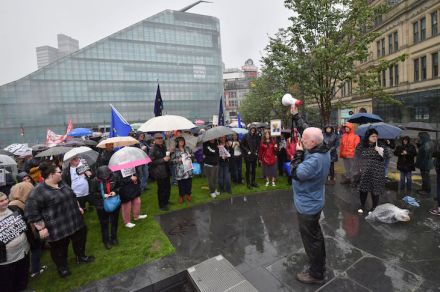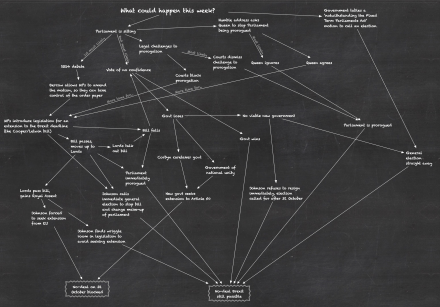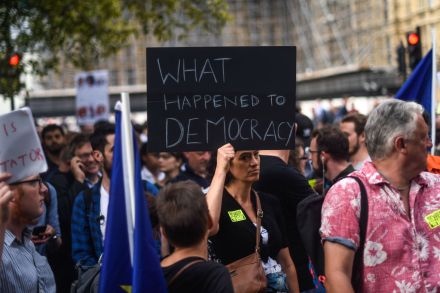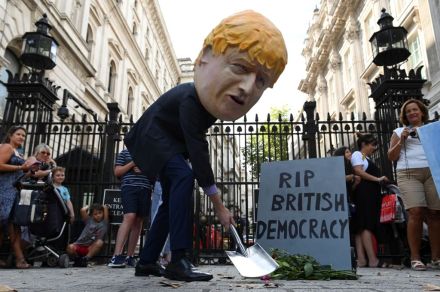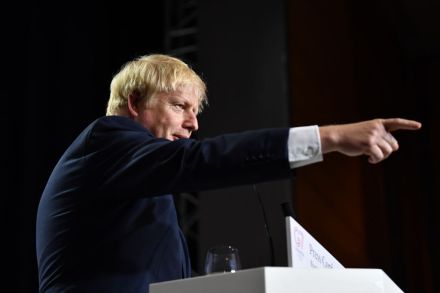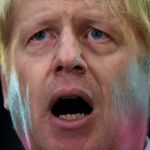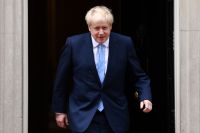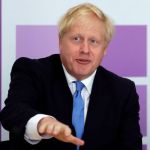Why the far-left really does think there is a ‘coup’
On Saturday thousands of people across Britain demonstrated against Boris Johnson’s recently-announced prorogation of parliament. Despite the heated response it provoked, proroguing parliament is a standard device which over the years has been employed by governments of all stripes. And as parliament was to be suspended for a few weeks during September and October in any case to allow the parties to hold their annual conferences, Johnson’s measure has reduced MPs’ time to prevent a no-deal Brexit by just a few days. In the context of an unprecedented crisis, with the clock ticking down to October 31, the Prime Minister’s act of constitutional sharp practice nonetheless outraged those who demonstrated
